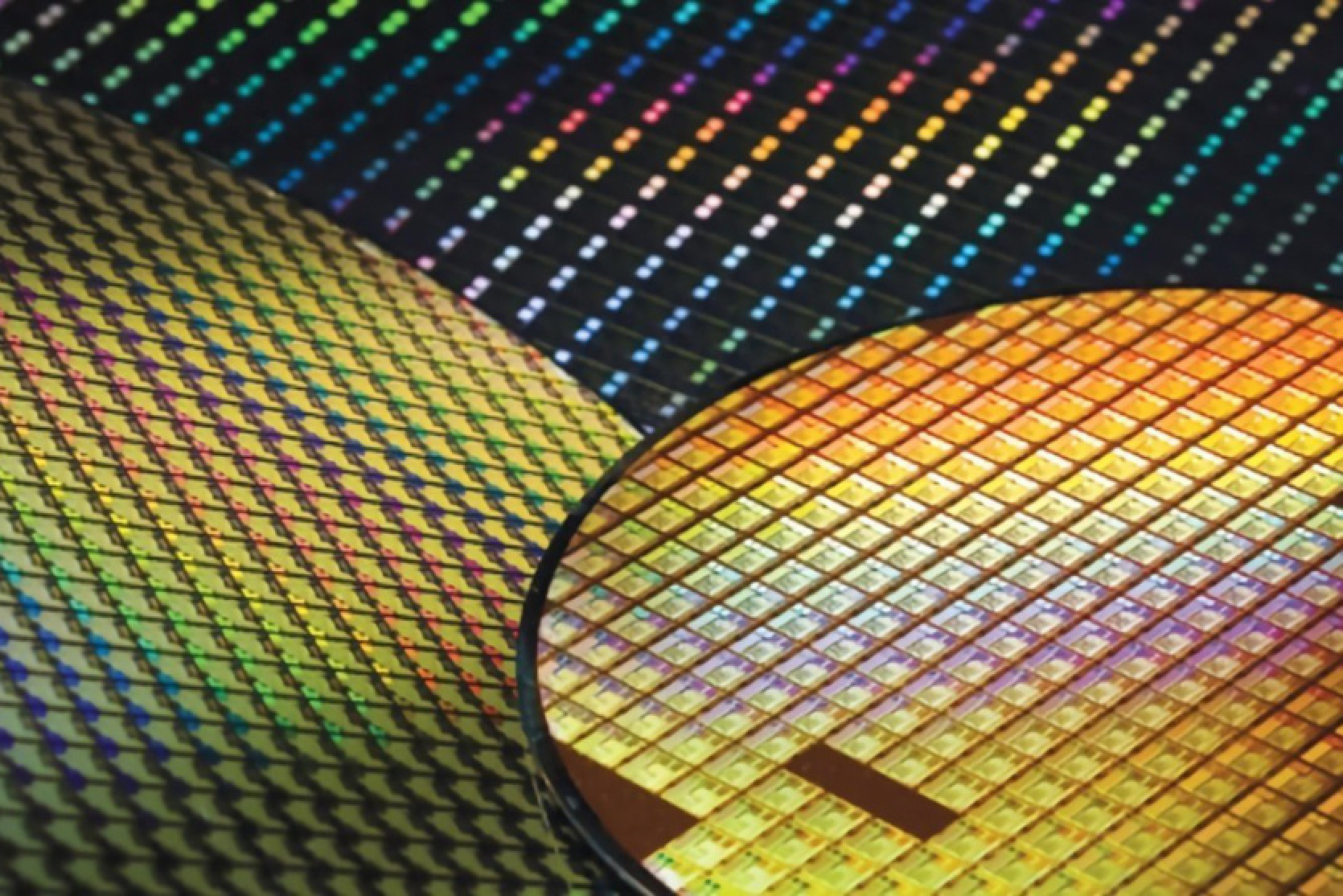TSMC has introduced the A16 chip manufacturing process, which is 1.6 nm. This new technology significantly increases the logic density of microchips, enabling improved chip performance and data processing speed.
TSMC plans to start manufacturing processors based on the A16 process in 2026. The technology includes innovative nanoplasm transistors along with a new back-end power bus solution. It is expected that this development will increase speed by 8-10% and reduce power consumption by 15-20% at the same speeds compared to TSMC's N2P process, as well as increase chip density by 1.1 times.
TSMC has also announced the implementation of System-on-Wafer (SoW) technology, which combines multiple crystals on a single wafer to increase computational power while taking up less space — a development that could change the way data processing centers operate.
TSMC has also made progress in 1 nm and 1.4 nm chips, which are likely intended for future generations of Apple silicon. The two-nanometer N2 process is scheduled for trial production in the second half of 2024, with mass production starting at the end of 2025, followed by the enhanced N2P process at the end of 2026. Trial production of 2 nm chips will begin in the second half of 2024, and small-scale production will appear in the second quarter of 2025. In 2027, Taiwan's facilities will begin transitioning to the production of 1.4 nm A14 chips.
Historically, Apple has been one of the first companies to adopt new chip manufacturing technologies. It was the first company to use TSMC's 3 nm process in the A17 Pro processor in the iPhone 15 Pro and iPhone 15 Pro Max. Historically, the most advanced Apple chip designs have appeared in iPhones before moving to iPad and Mac lineups, and ultimately to Apple Watch and Apple TV. Therefore, it can be assumed that the A16 will form the basis of chips for iPhones in approximately 2-3 years.
Future Apple A18 processors for the iPhone 16 are expected to be based on the N3E process, while the A19 for the 2025 iPhone models may be the first 2 nm Apple chip. Next year, Apple is likely to transition to an enhanced version of this process. Last year, it was revealed that TSMC had already showcased prototype 2 nm chips to Apple ahead of their presentation in 2025.
TSMC has also introduced a new technology for producing 4 nm N4C processors, as well as a new 5 nm chip manufacturing process. The new production will make 4 nm devices up to 8.5% cheaper. This economically efficient process uses the same design infrastructure as N4P, although it is still unclear whether addresses from N5, N4, and N4P can be directly transferred to N4C chips. TSMC plans to begin production of N4C chips in 2025.
Sources: MacRumors, Tom`s Hardware














Comments (0)
There are no comments for now